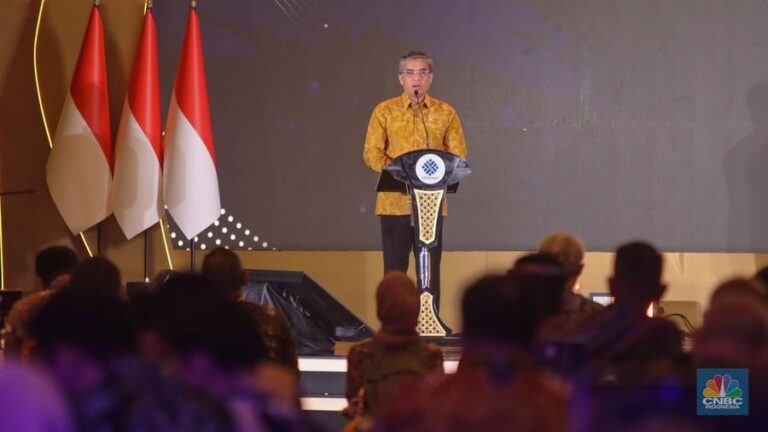In the eyes of the United Nations (UN), the prosperity of a nation is intricately linked to the active participation of women in its economy. Recent data from Indonesia’s Central Statistics Agency (BPS) paints a promising picture of women’s increasing engagement in the workforce over the past decade. In 2013, the Female Labor Force Participation Rate (FLFPR) stood at 49.9%, while men registered at 83.6%. Fast forward to 2023, and these figures rose to 60.2% for women and 86.9% for men. This surge in female labor force participation mirrors the nation’s rising income levels, as evidenced by Indonesia’s GDP surpassing US$1 trillion in 2018 and climbing to US$1.4 trillion by 2023, according to World Bank data. Despite these strides, women globally continue to earn 23% less than men on average and spend three times more unpaid hours on labor-related activities, according to UN statistics.
Economic empowerment of women not only expands the workforce but also enhances labor productivity. Imagine the economy as a complex machine with inputs such as capital, labor, and technology driving its output through a production function. By optimizing the utilization of these inputs, economic output can be maximized. However, the available pool of labor and its corresponding working hours are finite, akin to a tree’s growth. Each job requires specific skills and knowledge, and merely increasing the extraction of labor from this pool won’t meet the diverse skill requirements of the job market. Thus, elevating women’s role as a component of the labor force factor of production is vital for creating more job opportunities.
Furthermore, empowering women economically leads to the accumulation of technological knowledge and skills, fostering innovation and driving economic growth. However, many countries fall short in sustaining women’s empowerment efforts over the long term. Jay Forrester, a pioneer in System Dynamics, argues that most system problems originate internally rather than externally. In the context of the economy, enlarging the labor pool without ensuring its sustainability can lead to adverse long-term consequences. In summary, women’s economic empowerment goes beyond increasing labor force participation and enhancing skills and knowledge. It requires policies that facilitate the smooth regeneration of economic actors. This includes initiatives to address child stunting, promote maternal and child health, support early childhood education, and enable elderly productivity. Without such measures, nations risk facing economic slowdowns, as witnessed in several developed countries globally. Embracing Kartini’s legacy is essential in elevating women’s pivotal role in driving Indonesia towards greater prosperity.









